Mortal Kombat is a tenured fighting game series that places a heavy emphasis on its narrative. This is arguably outside the norm for games in this genre and has earned NetherRealm Studios praise for the story modes in recent entries like Mortal Kombat X and Mortal Kombat 11. However, Mortal Kombat‘s narrative hasn’t always been the easiest to parse. The series’ mixture of sci-fi, fantasy, and 90s action movie flair spans multiple timelines and real-world decades.
In order to address the abundance of lore and make the games more accessible, NetherRealm decided to chart a new path forward for the series. Following the events of Mortal Kombat 11, NetherRealm rebooted the series and released Mortal Kombat 1. This newest entry resets and modifies the complex timeline, but the path it takes may look a little too familiar for longtime fans.
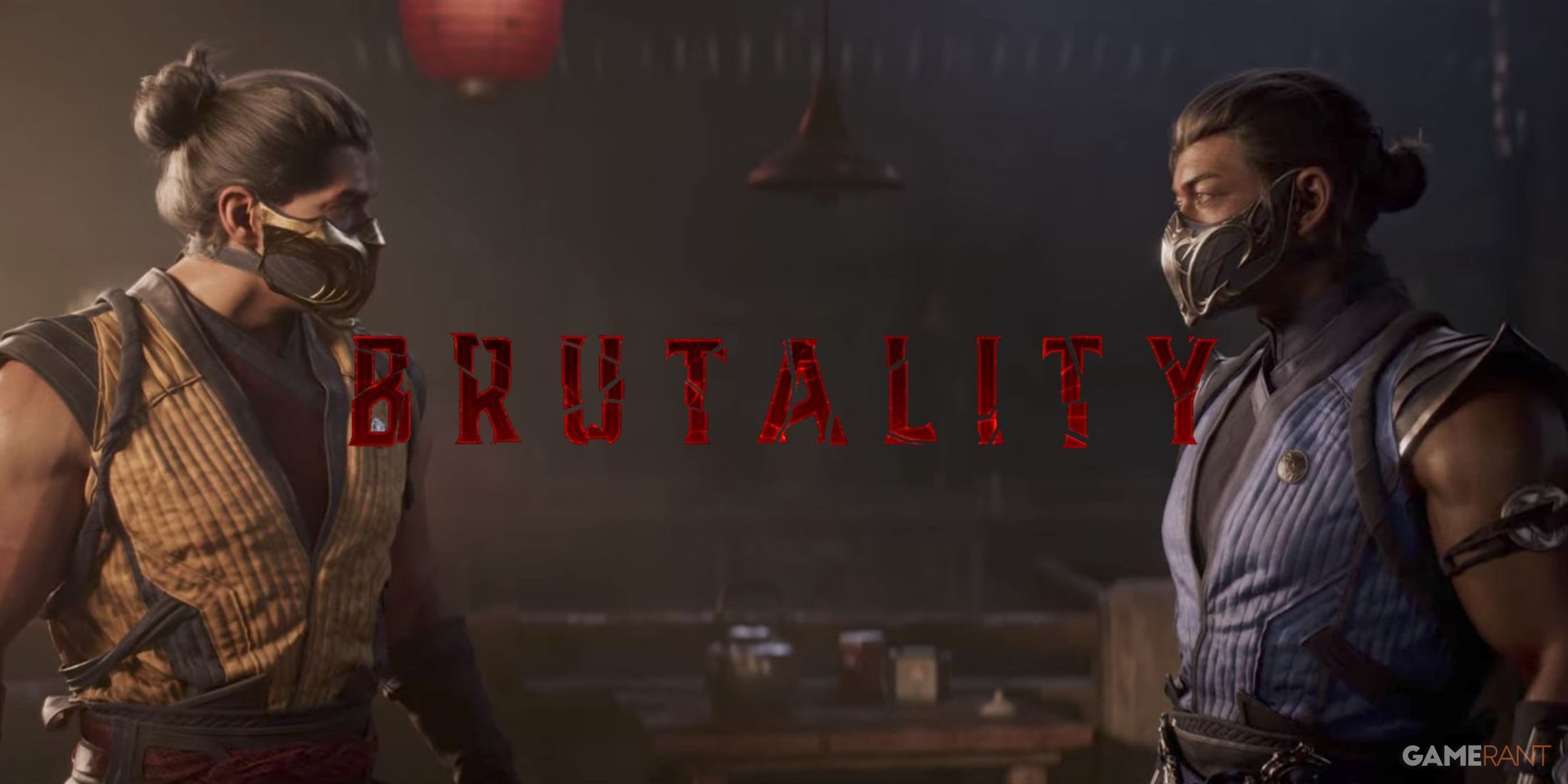
Related
Mortal Kombat 1 Brutality Tier List
Every character in Mortal Kombat 1 can perform Brutalities as a devastating finishing move, but not every Brutality is created equal.
Why Mortal Kombat 1’s Relaunch Lacks Some Luster
Mortal Kombat 11‘s climactic final battle saw Raiden transfer his godly power to Liu Kang as a last-ditch effort to defeat the game’s villain, Kronika. Liu Kang’s new abilities gave him the edge needed to beat the time-tampering tyrant. Now the de facto protector of Earthrealm, Liu Kang looked back upon the violent and often tragic history of the Mortal Kombat series. Wishing to pave a better way forward, Liu Kang took control of Kronika’s hourglass and used it to craft a new universe of his own design. This would rewrite key events and character backstories on a large scale in preparation for the next game in the series.
The premise of playing a Mortal Kombat game set in Liu Kang’s altered continuity had many fans intrigued. However, once players made their way through Mortal Kombat 1‘s campaign, it became clear that the game’s story wasn’t quite as new as expected. Mortal Kombat 1 was still firmly tethered to the events of past games; Liu Kang, Shang Tsung, and other characters dropped reference after reference to the previous timeline — especially the events of Mortal Kombat 11‘s Aftermath DLC — meaning that new fans hoping to hop onboard this supposed reboot would be left in the dark if they didn’t do their research. On top of that, Liu Kang’s supposed course corrections had an underwhelming impact on the rebooted narrative.
How Mortal Kombat 1 Changes the Series’ Timeline — and How It Doesn’t
On the surface, Mortal Kombat 1‘s continuity differed from that of the previous games in many ways. Liu Kang took on Raiden’s role as Earthrealm’s defending deity, Scorpion and Sub-Zero were brothers, and Shang Tsung was now a powerless snake oil salesman. The new timeline also brought lesser known characters like Havik, Li Mei, and Ashrah back into the fold.
This plot was set up to allow for a new era of storytelling for Mortal Kombat, but most of the game’s events played out exactly as one would expect. Liu Kang, Raiden, Kung Lao, Johnny Cage, and Kenshi Takahashi all retain their good guy status from the previous games. Besides Liu Kang and Raiden switching roles, these characters don’t get much of a retooling to their personalities or aesthetic either. The group of heroes still fight in the series’ namesake tournament, and they still come into conflict with classic Mortal Kombat villains like Quan Chi, Ermac, and General Shao.
Even characters that are hyped up as being completely different in this setting go down predictable paths. Despite his personality shift and changed dynamic with Scorpion, Sub-Zero still ends up becoming Noob Saibot in the Khaos Reigns expansion. Liu Kang stripped this timeline’s Shang Tsung of any magic to ensure that he didn’t become a villain like he did in past games, but then this game’s twist villain, Damashi, just ends up being the same Shang Tsung from the original timeline.
Mortal Kombat 1’s Disappointing Adherence to the Past
Nobody was asking NetherRealm to rewrite Mortal Kombat‘s lore from the ground up. However, when the studio promised a series reboot, fans developed an expectation that NetherRealm would reinvent the wheel to some extent. Mortal Kombat 1 does make some changes to the continuity established in Mortal Kombat (2011), but few of them feel all that meaningful. Letting Liu Kang create a new universe opened the door for NetherRealm to introduce new heroes, new villains, and a new premise. Instead, Mortal Kombat 1 just ended up bringing back existing characters and swapped around some of their roles before reestablishing the status quo.
This leaves the series’ “new” direction in an unsatisfying middle ground. Mortal Kombat 1 disrupted the canon that longtime fans had come to love without offering a unique enough alternative. However, the story relies too heavily upon the old canon, which prevents new fans from easily following along. Mortal Kombat 2 seems all but inevitable, so one can only hope that NetherRealm takes greater risks in the future instead of continuing down the same route as other disappointing reboots.
Source link
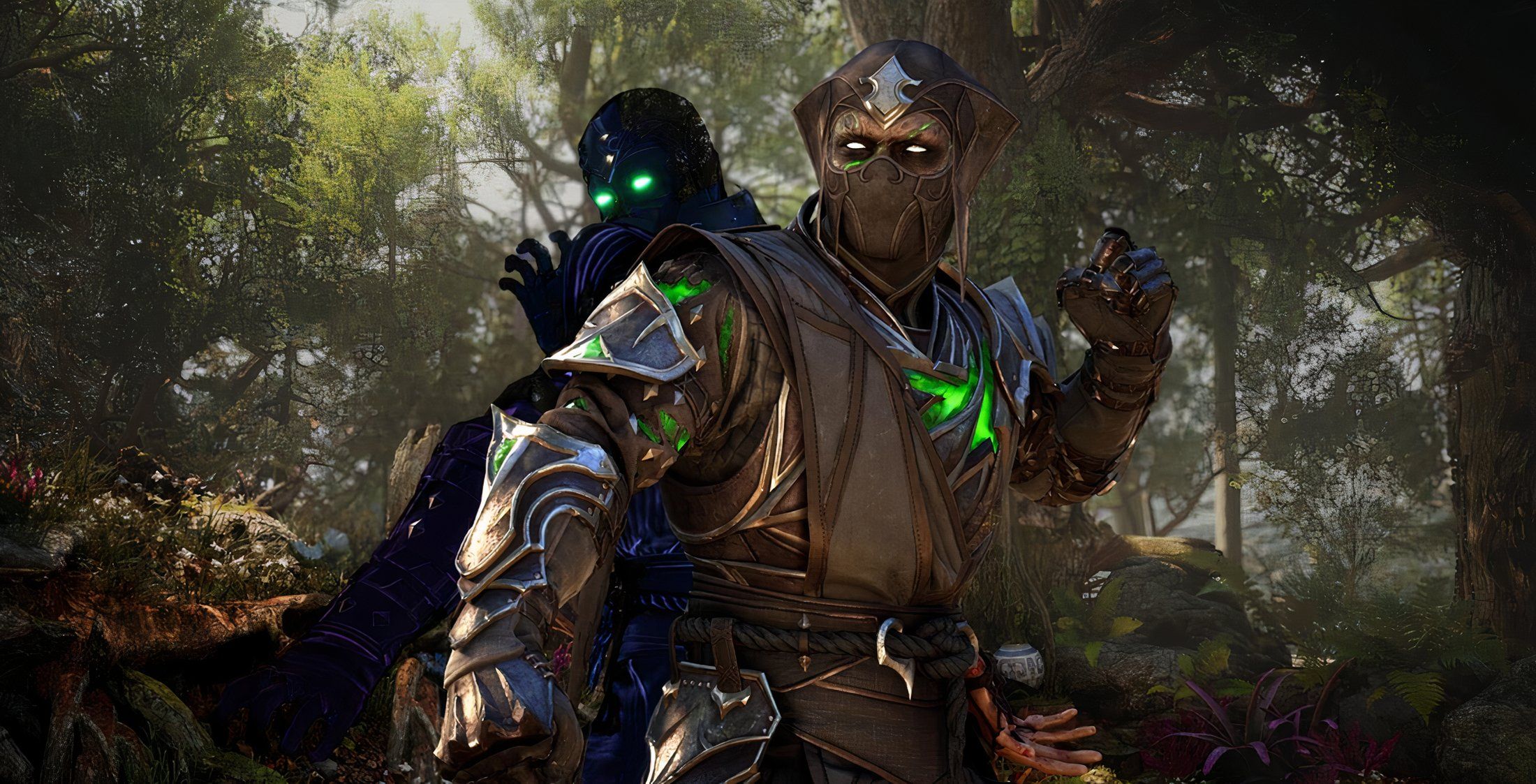
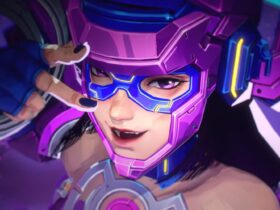
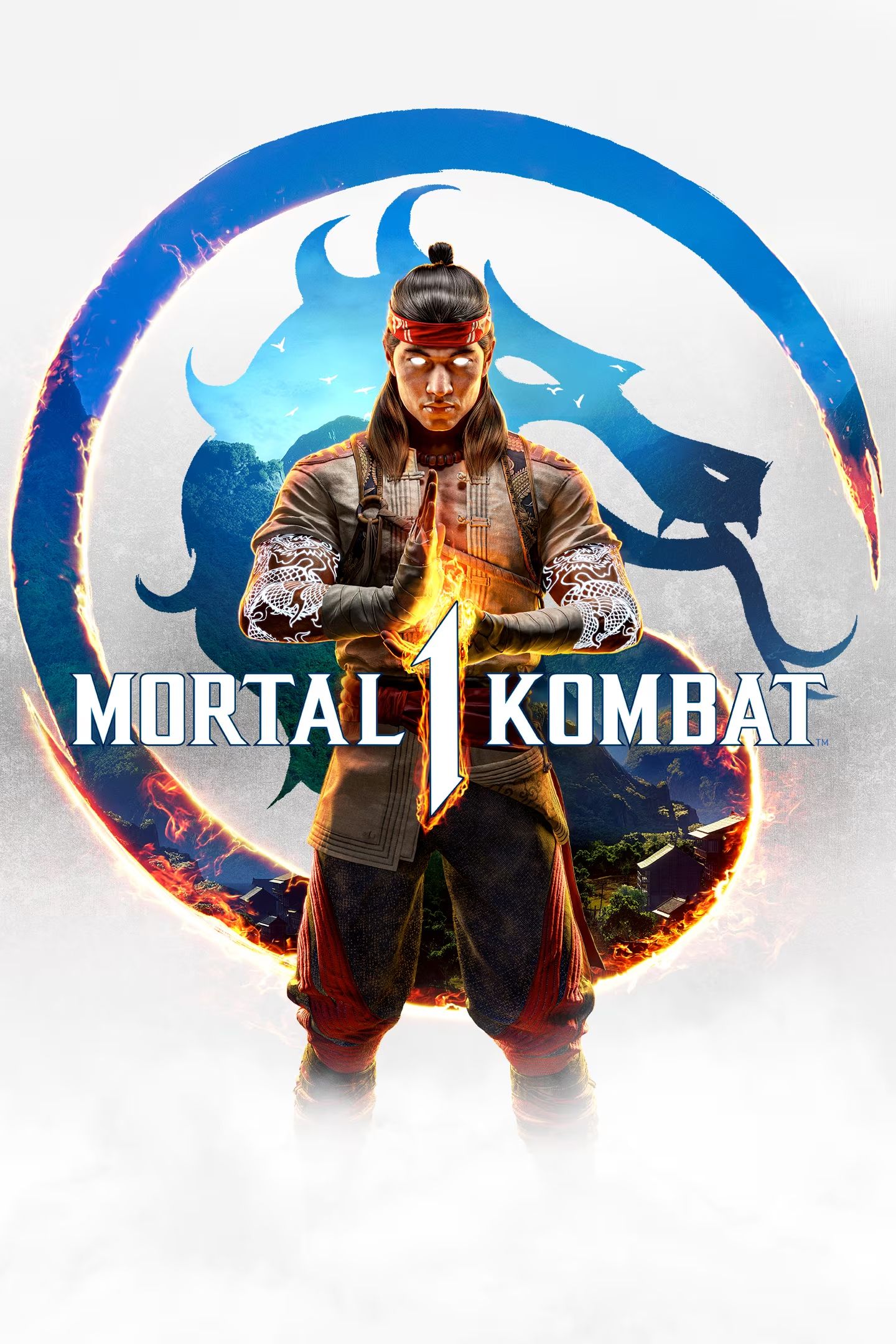
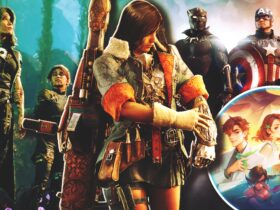
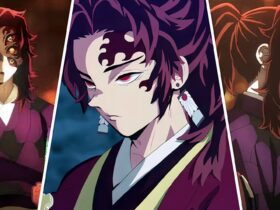

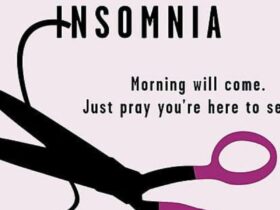
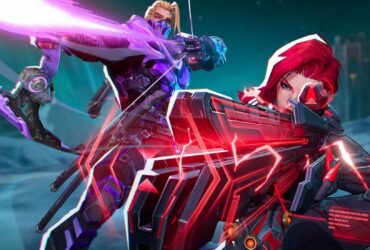
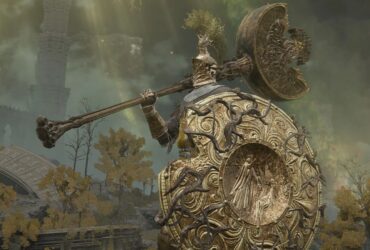
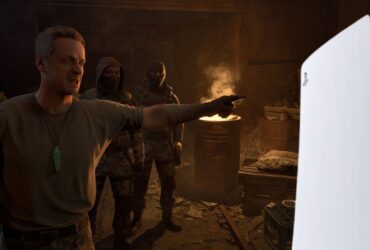

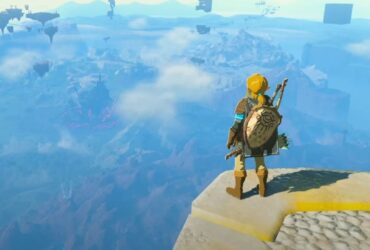
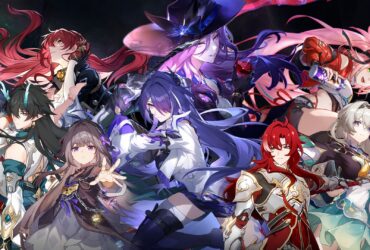
Leave a Reply